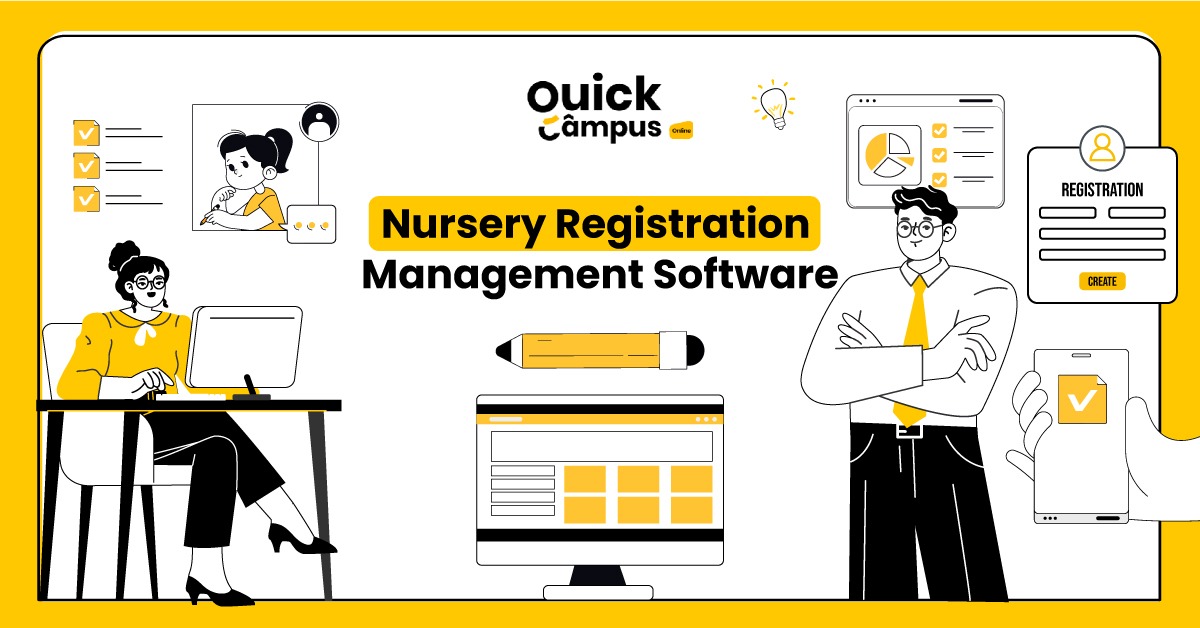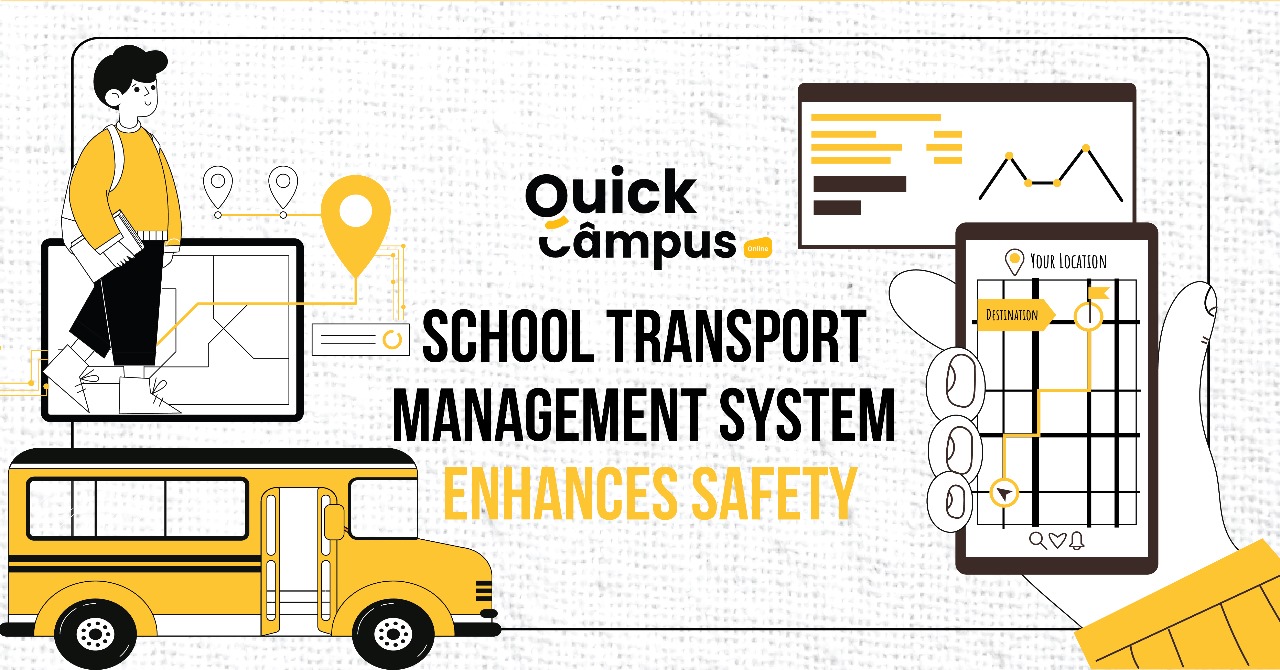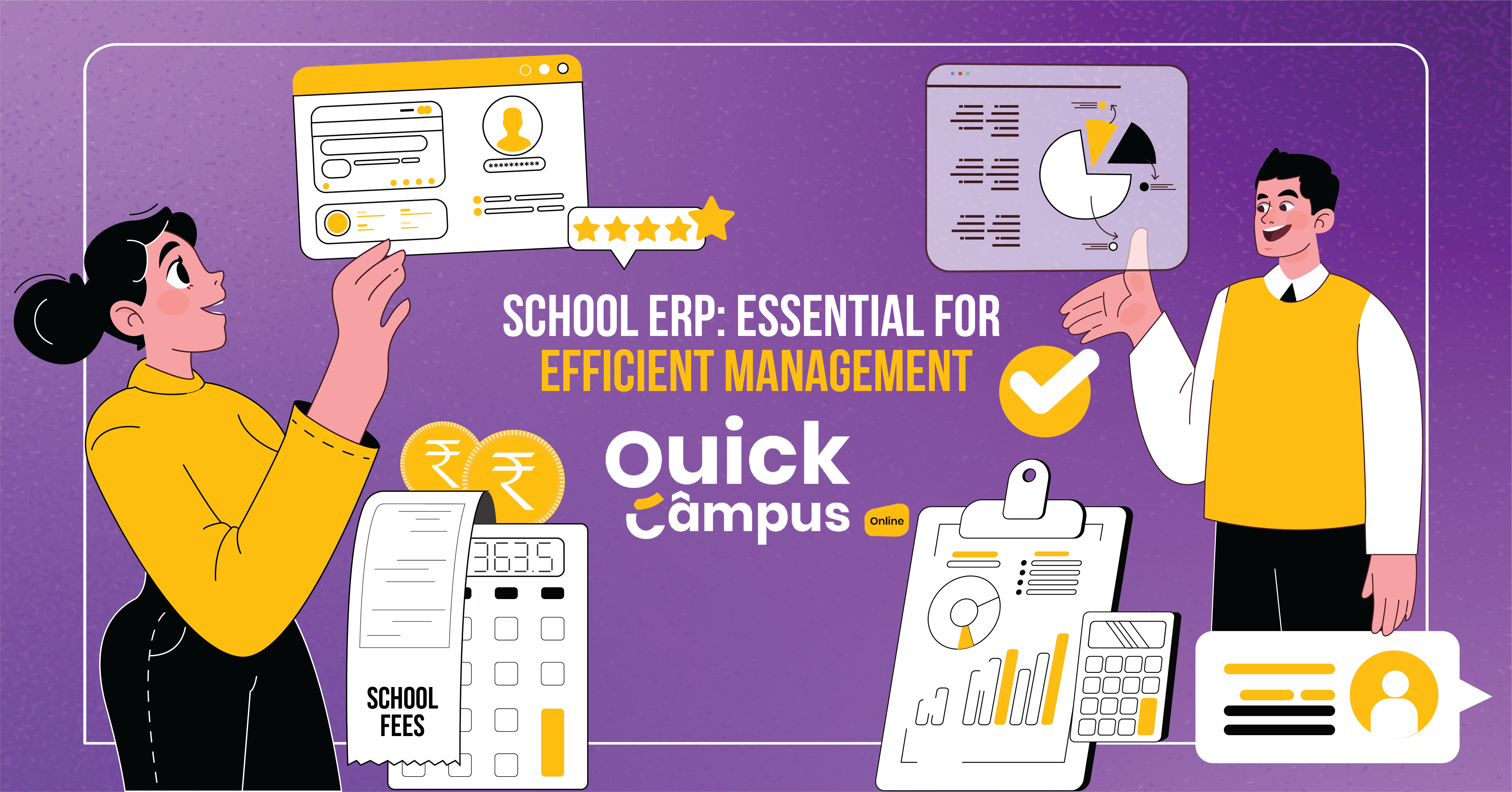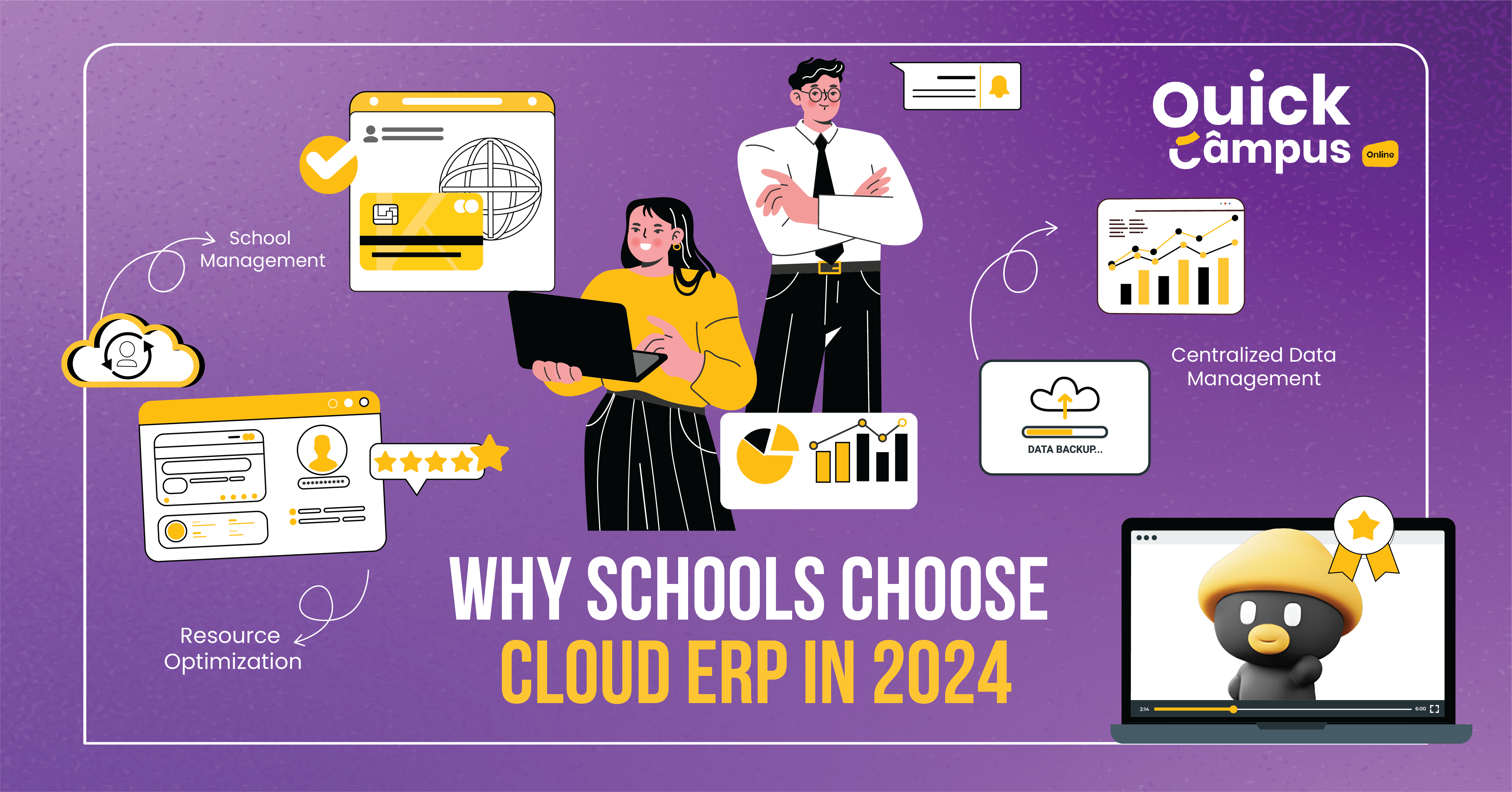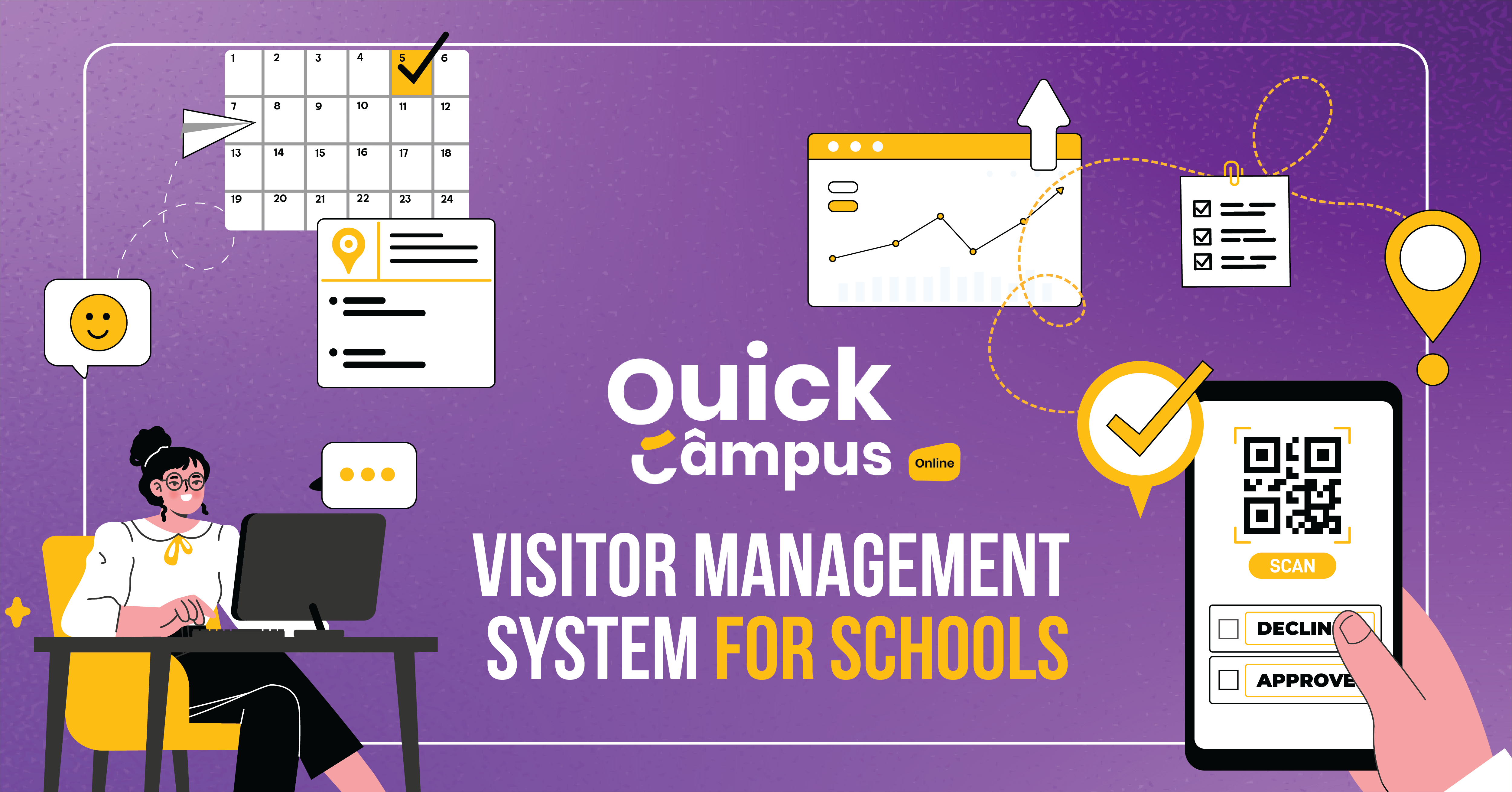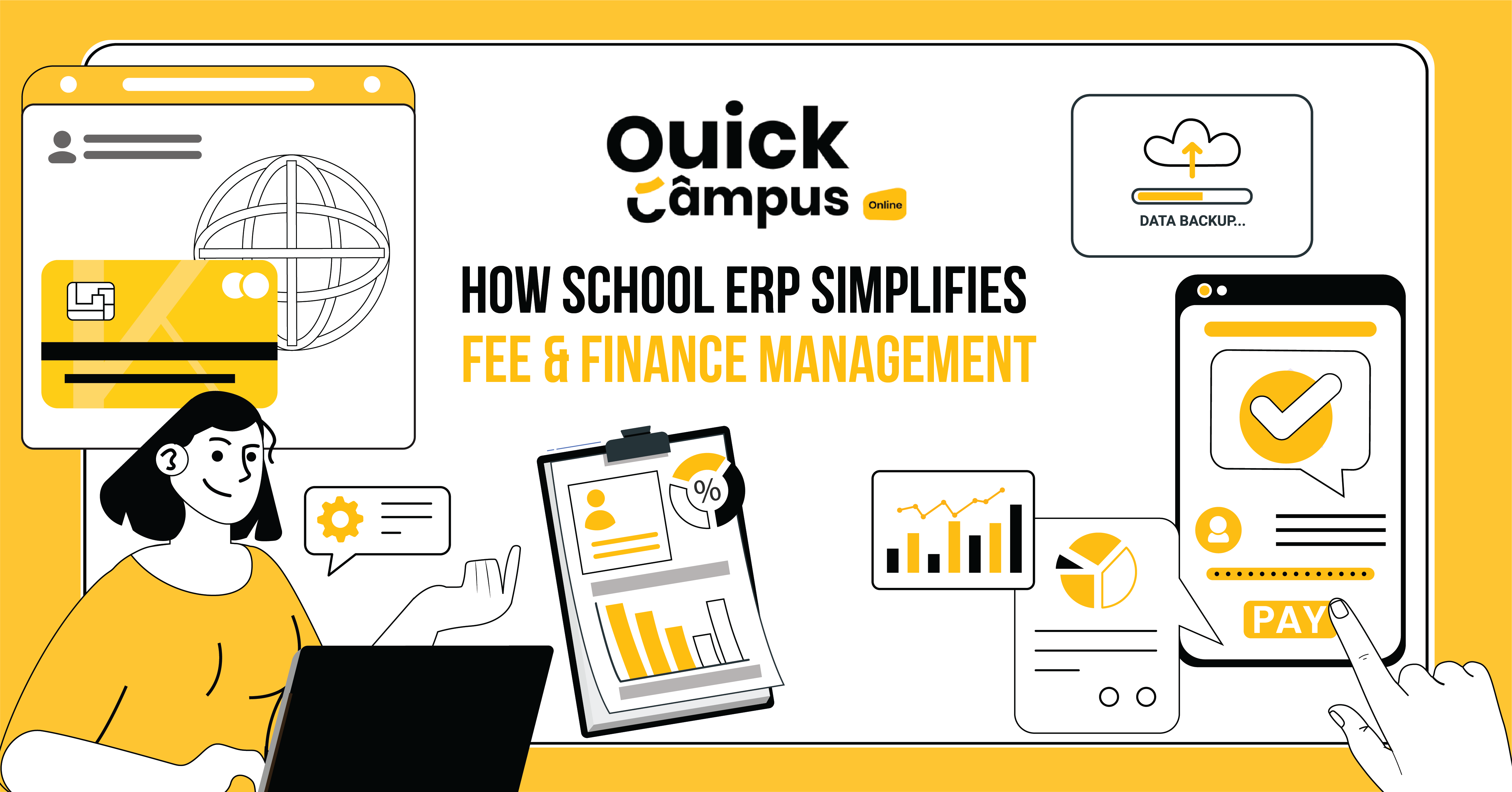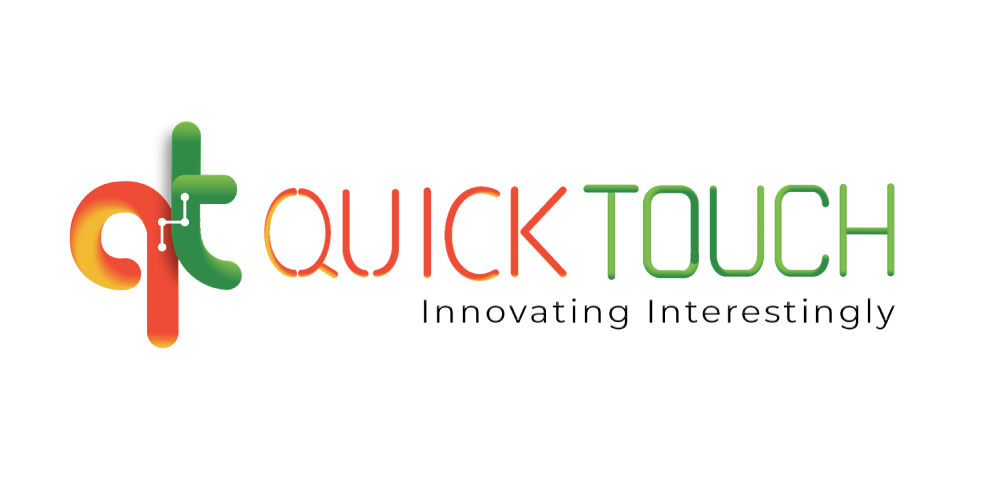What Is Micro-Teaching? – Meaning, Steps, Types, And Benefits
Micro-teaching is a tutoring fashion designed to help those preceptors who want to ameliorate their tutoring skills, through concentrated, manageable practice sessions. It involves breaking down tutoring into small pieces, further manageable factors, allowing preceptors to upgrade their fashion, shoot or admit feedback, and make necessary adaptations.
Meaning Of Micro Teaching
Microteaching is an educational approach. Where teachers work with a small group of students, typically colleagues, in a controlled environment. The motive of micro teaching is to practice specific teaching skills or strategies in a focused setting. Experienced educators or mentors record or observe these sessions. Furthermore, they also provide essential feedback for improvement.
Steps Of Micro Teaching
Micro-teaching follows a structured process to ensure maximum effectiveness.
- Objective Setting: In this, you will define the specific teaching skill or concept you want to practice and improve.
- Lesson Planning: In this session, the teacher prepares a brief lesson plan focusing on a specific topic or concept.
- Teaching Presentation: In this step, the teacher delivers the lesson to a small group of peers or mentors, typically within a time frame of 5 to 15 minutes.
- Feedback and Reflection: After the teaching presentation, all the experienced instructors provide essential feedback based on predefined criteria. The teacher reflects on the feedback received and identifies areas for improvement.
- Revision and practice: Based on the feedback and reflection, the teacher revises the lesson plan. They read and practice teaching the lesson again, for suggested improvements.
Types Of Micro-teaching
1. Skill Based Micro Teaching
- Skill Of Explaining: It is one of the most important features of micro-teaching. It involves breaking down concepts or ideas clearly and understandably to others. Effective communication, empathy, and patience are required for this skill.
- Skill Of Questioning: It refers to the ability to ask the right questions, at the right time, and for the right purpose. It helps in gathering good information and challenging assumptions too.
- Skill Of Demonstration: It refers to the ability to effectively show and explain a concept, process, or technique. But it should be explained clearly, engaging, and informative for the audience.
- Skill Of Reinforcement: The term generally refers to using strategies to increase desired behaviors in a specific context.
- Skill Of Closure: The skill of closure refers to the ability to effectively conclude a lesson or presentation. Indeed it also summarizes key points. It provides closure to the topic that has been discussed.
2. Instructional Approach Micro-teaching:
- Direct Instruction: This is also a tutoring system that concentrates on clear and straightforward instruction from the schoolteacher to the scholars.
- Existential Literacy: It’s a process of learning through experience. It involves laboriously reflecting on that experience to gain new knowledge and chops.
- Problem: Problem-grounded literacy( PBL) is an educational approach where scholars learn through the process of working on real-world problems. It’s concentrated on active literacy and the operation of knowledge in a practical environment.
- Inquiry Grounded Literacy: It’s a way of tutoring where scholars take charge of their literacy by asking questions, exploring, and changing answers themselves.
3. Other Micro-teaching Methods:
- Modeling Method: In this method, the teacher to create engagement students in the classroom by showing them how to perform a skill and explaining each essential step for this.
- Lab Method: In this method of micro-teaching aspiring teachers try out different teaching skills in small groups, like explaining things clearly.
- Clinic Method: The clinic method in micro-teaching is a training method where aspiring teachers practice teaching in small groups. In this, they focused on their lesson practice.
- Lecture Method: In this method, the teacher gives a lecture on a specific topic. This is very helpful for students to understand the complex concepts.
Benefits Of Micro-teaching:
Micro-teaching offers several benefits:
1. Focused Practice:
It allows teachers to practice specific micro teaching skills or methods in a controlled environment. It focused on one aspect at a time.
2. Feedback:
In this approach, the trainees receive immediate feedback from their mentors. In this, they enable them to identify strengths and areas for improvement.
3. Safe Environment:
It provides a safe space for experimentation. In this approach, teachers are allowed to take risks and learn from mistakes without any kind of pressure from real classrooms.
4. Time Efficiency:
Sessions are typically short, making it easier to fit into busy schedules and allowing for more frequent practice.
5. Customization:
Teachers can tailor micro-teaching sessions to their individual needs and target areas. In this, they feel less confident or competent.
6. Reflective Practice:
It promotes reflection on teaching practices. It encourages the teacher to think critically about their methods and how they can be improved.
Micro-teaching can be epitomized as follows It is an important tool for preceptors to upgrade their tutoring and synergizes effectively with school management software chops in a probative and controlled terrain. Through focused sessions, preceptors can admit formative feedback, exercise new ways, and gain confidence in their capacities. Eventually,micro-teaching fosters nonstop enhancement and enhances the overall quality of instruction, serving both preceptors and scholars likewise.

